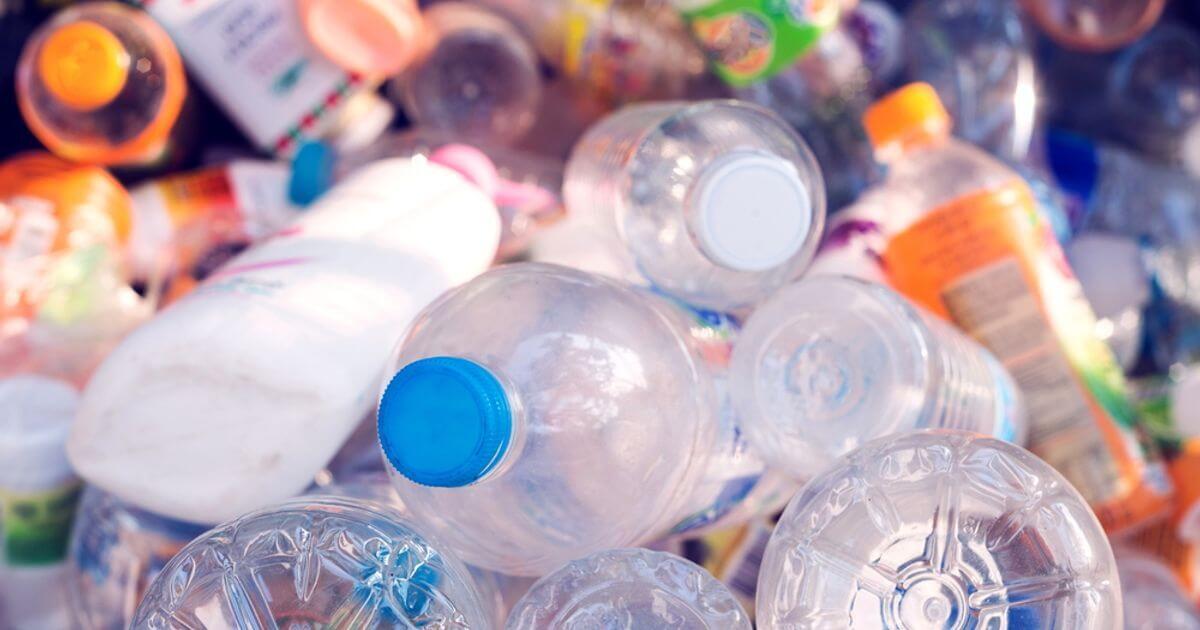At the forefront of the global battle against plastic pollution, Pakistan has embarked on a significant journey to reduce its plastic waste. On World Environment Day, Prime Minister Shehbaz Sharif announced the approval of the groundbreaking “Single Use Plastics Prohibition Regulations 2023” by the federal cabinet.
This decisive move aims to phase out single-use plastic items throughout Islamabad and pave the way for a greener, cleaner future.
Pakistan’s commitment to environmental preservation and sustainable resource management has gained momentum with the adoption of the Plastics Prohibition Regulation 2023 for Islamabad Capital Territory. As one of the top 10 countries in the world grappling with plastic pollution, Pakistan recognizes the urgency of taking decisive action.
With an alarming estimate of 70 percent of plastic waste improperly disposed of, Pakistan has acknowledged the pressing need to address the plastic crisis. This proactive approach is in alignment with the government’s vision to safeguard the environment for future generations.
The Single Use Plastics Prohibition Regulations 2023 introduce a comprehensive framework and timeline to tackle the issue of single-use plastics. By implementing this regulation, Pakistan aims to lead by example, setting a benchmark for other nations in the battle against plastic pollution.
The phased approach adopted by Pakistan involves a systematic reduction and eventual ban on single-use plastics. By progressively eliminating these items, the government seeks to significantly curtail plastic waste generation and encourage the adoption of sustainable alternatives.
In line with the Prime Minister’s vision for a plastic-free future, all federal government entities, including the esteemed Prime Minister’s Office, have been directed to spearhead the transition. Effective immediately, these entities will exclusively utilize refillable water containers, setting an example for the nation and reinforcing the government’s commitment to combating pollution.
Prime Minister Shehbaz Sharif urges not only the provincial governments but also the public at large to join hands in the fight against plastic pollution. The success of this ambitious endeavor relies on collective efforts and a shared responsibility to protect our environment. Together, we can make a tangible difference.
Pakistan’s Path to Sustainable Resource Management
World Environment Day serves as a timely reminder of Pakistan’s dedication to the sustainable use of resources. The government’s multifaceted approach encompasses various initiatives aimed at achieving a greener, cleaner Pakistan.
Environment-Friendly Alternatives
Recognizing the need to shift from conventional plastic items, the government is actively promoting the adoption of environment-friendly alternatives. This includes encouraging the use of biodegradable materials, promoting recycling practices, and supporting the development of innovative solutions to replace single-use plastics.
Awareness and Education
Pakistan understands the pivotal role of education and awareness in transforming mindsets and behaviors. The government, in collaboration with relevant stakeholders, is committed to raising public awareness about the detrimental effects of plastic pollution and the importance of sustainable practices.
Encouraging Research and Innovation
To foster sustainable development, Pakistan is investing in research and innovation. By supporting scientific studies, the government aims to explore and implement effective strategies for waste management, plastic recycling, and the development of eco-friendly materials.
With the approval of the Single Use Plastics Prohibition Regulations 2023, Pakistan takes a significant leap forward in its mission to combat plastic pollution. Through a comprehensive framework, strict timelines, and the proactive involvement of government entities, Pakistan sets an inspiring example for the world.
This concerted effort, combined with public participation, will pave the way for a greener, cleaner future where single-use plastics are replaced with sustainable alternatives


